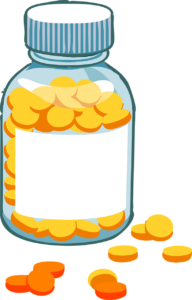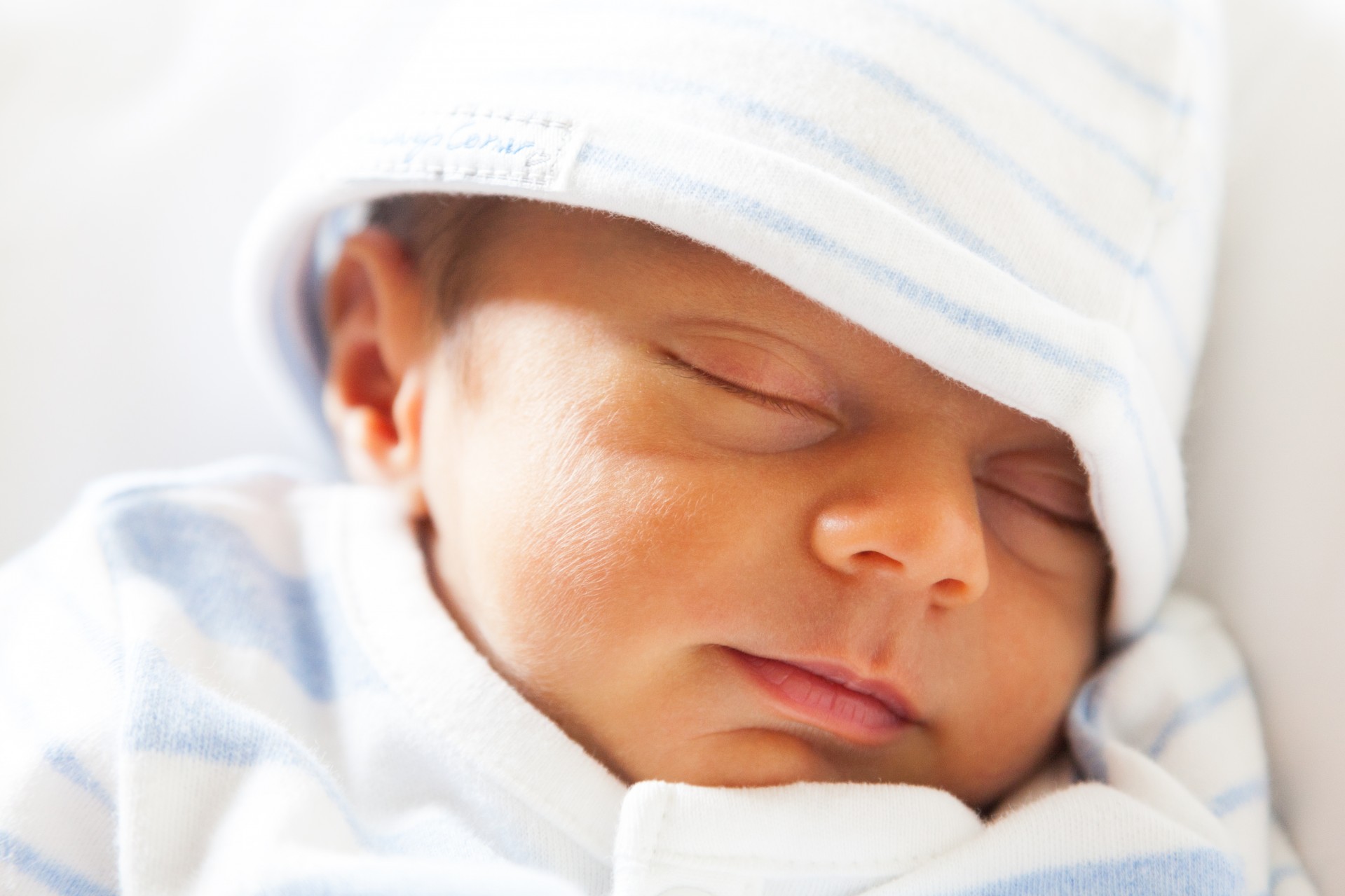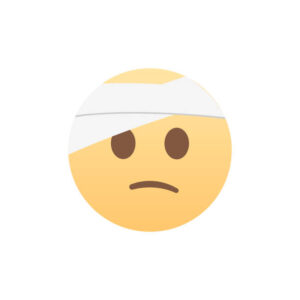Melatonin is a brain hormone naturally produced at night when it’s time to sleep. It does not keep you asleep; it helps you fall asleep. It is typically available as a supplement in gummy or pill form.
Melatonin is used by people who struggle with insomnia and sleep disorders. It can also be helpful for people experiencing jet lag or shift work disorder. Perhaps most importantly for kids, it can be helpful for those trying to establish a sleep schedule.
 Using Sleep Aids
Using Sleep Aids
Sleep is vital for our growing ones, but many struggle with falling and staying asleep. Too many nights without good sleep can lead to behavioral and health problems, including attention issues, crankiness, weight issues, mental health, high blood pressure, headaches, depression, and more. But are sleep aids safe for kids?
Melatonin is not the same thing as a sleeping pill. It is an excellent short-term solution for struggles with the bedtime routine. It can also be a good solution for kids struggling with jet lag or vacation sleep schedules.
Other sleepy supplements for kids include magnesium and chamomile, but sometimes the best thing for sleep is a good sleep routine and a cup of sleepytime tea.
Melatonin Safety
Melatonin poisoning has increased as more people use melatonin as a sleep aid. Supplements are not regulated as medications in the United States, so there is a possibility that they may be mislabeled or that the dosage isn’t correct.
Preventing Poisoning
- Keep all medications, vitamins, and supplements far from your child’s reach.
- Read and follow label instructions.
- Visit the Poison Control website and keep their phone number handy for emergencies.
- If your child has trouble breathing, is unresponsive, or has a seizure, call 911.
Melatonin Dosages
Because melatonin comes in many different forms and dosages, you must be able to find the correct dosage and form for your child. As always, start low. Start with either 0.5 or 1 mg 30 minutes to an hour before bed. Most kids don’t need more than 6 mg. We do not recommend giving melatonin to kids under the age of five.
However, it would be best to talk to your pediatric healthcare provider before starting your child on melatonin. Always ask about the correct dosages and timing for melatonin. Note that melatonin is an aid for getting sleep back to schedule. It’s not a daily supplement for kids to take. Good sleep hygiene is vital to growing healthy and balanced!
Common side effects
- Grogginess upon waking
- Drowsiness during the day
- Increased urination at night
- Headaches
- Dizziness
- Nausea
Choosing the Right Supplement
Look for brands you trust and stick to those. According to the American Academy of Pediatrics, you must choose a melatonin supplement certified by Consumer Lab, NSF International, or UL and U.S. Pharmacopeia. Because the FDA doesn’t test dietary supplements, choose a product that has been tested for ingredients, dosage, and contamination.
At GHT, we like Vital Nutrients and Pure Encapsulation. Click over to our FullScript page for options.
If you’re having issues with your newborn’s sleep, feeding at night, or nightmares and night terrors, head over to our Holistic Care Blog.







